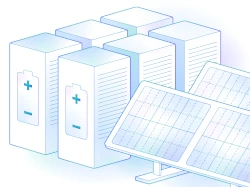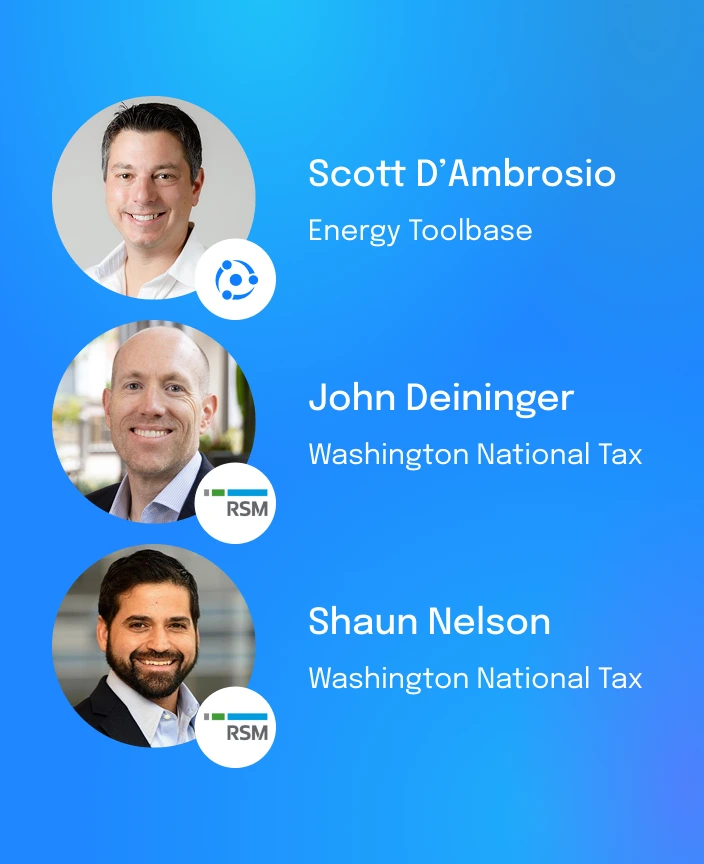I founded a software-as-a-service (SaaS) provider that operates in the cleantech industry a little over four years ago. We specialize in modeling and proposing the economics of solar and energy storage projects. We’ve been fortunate to have strong and consistent growth since the start and have roughly doubled our revenues every year since inception while growing our headcount from one to 25 employees. When I launched the company initially, I’d never worked for a software company before, let alone started one myself. I had taught myself to code online just a couple of years prior. I didn’t know about best practices for launching and growing a SaaS startup.
I was brought up in a family restaurant business in New York, and my father was my first mentor. I am very fortunate to have a father who instilled a strong work ethic in me at a young age and has always been a big part of my life. I started working regular shifts at our restaurant when I was 11 years old. I remember the days when my friends were having sleepovers and I’d tell them I had to work in the morning, so I couldn’t join. A lot of the learnings from the restaurant have stuck with me today, and I’ve applied them to the company. I attribute a lot of our success at Energy Toolbase to these family restaurant business principles, as follows:
Emphasize great customer service.
We pride ourselves on providing great customer service. We’ve invested heavily in our support and account management teams. We typically respond quickly to support inquiries, most often the same day. This isn’t a premium upsell feature — we do this standard for all customers. Also, every client gets assigned a dedicated account manager and we encourage our account managers to personalize the support experience and forge relationships with their customers. For many of them, we know things like the names of their kids, their pets and what they like to do on weekends.
This is a nonconventional approach for a SaaS provider operating at the $150 per user, per month, price point. But I believe this has served us well and led to more customer loyalty. I feel like the software business oftentimes feels like a nameless and faceless customer experience. When a customer has a problem, they email or call a generic support line and talk to whoever answers the phone. It’s very transactional.
Let customers do your marketing.
I believe in the phrase: “Happy customers are the best form of marketing.” I can personally attest that this applies to both a family-owned pizza restaurant and an early-stage SaaS company. I’ve found that happy customers give positive recommendations, which leads to word-of-mouth referrals. This has certainly been true for us at Energy Toolbase and allowed us to scale our user base without a big marketing budget. I think that loyal customers are more willing to share honest feedback, both positive and negative. They tell us things they love about the product and when they see a bug or want to request a new feature. This feedback loop has helped guide our product road map. It’s like having a good friend who tells it to you straight. If they think that the soup needs more salt, they’re going to say so.
Make sure everyone pulls their weight.
Over the last four years, we’ve grown without taking any outside capital. We have made a lot of personal sacrifices early on. We didn’t pay ourselves until we had real revenue and then drew small salaries to just cover living expenses. As we’ve grown, we’ve only made new hires when we’ve had the cash flow to justify it. Closely watching the bottom line has forced us to hire selectively and make sure everyone pulls their own weight. This approach differs from many of the companies we compete with that have taken the more traditional SaaS path of raising capital and then using that money to acquire more customers and revenue. There are obviously advantages and disadvantages to both approaches. I think that bootstrapping our growth has forced us to be more disciplined.
These family business principles have allowed us to scale our user base, build a strong brand and retain 100 percent control of our company and vision. I’d like to think we are building a sustainable foundation on which to grow without losing sight of our core values.


